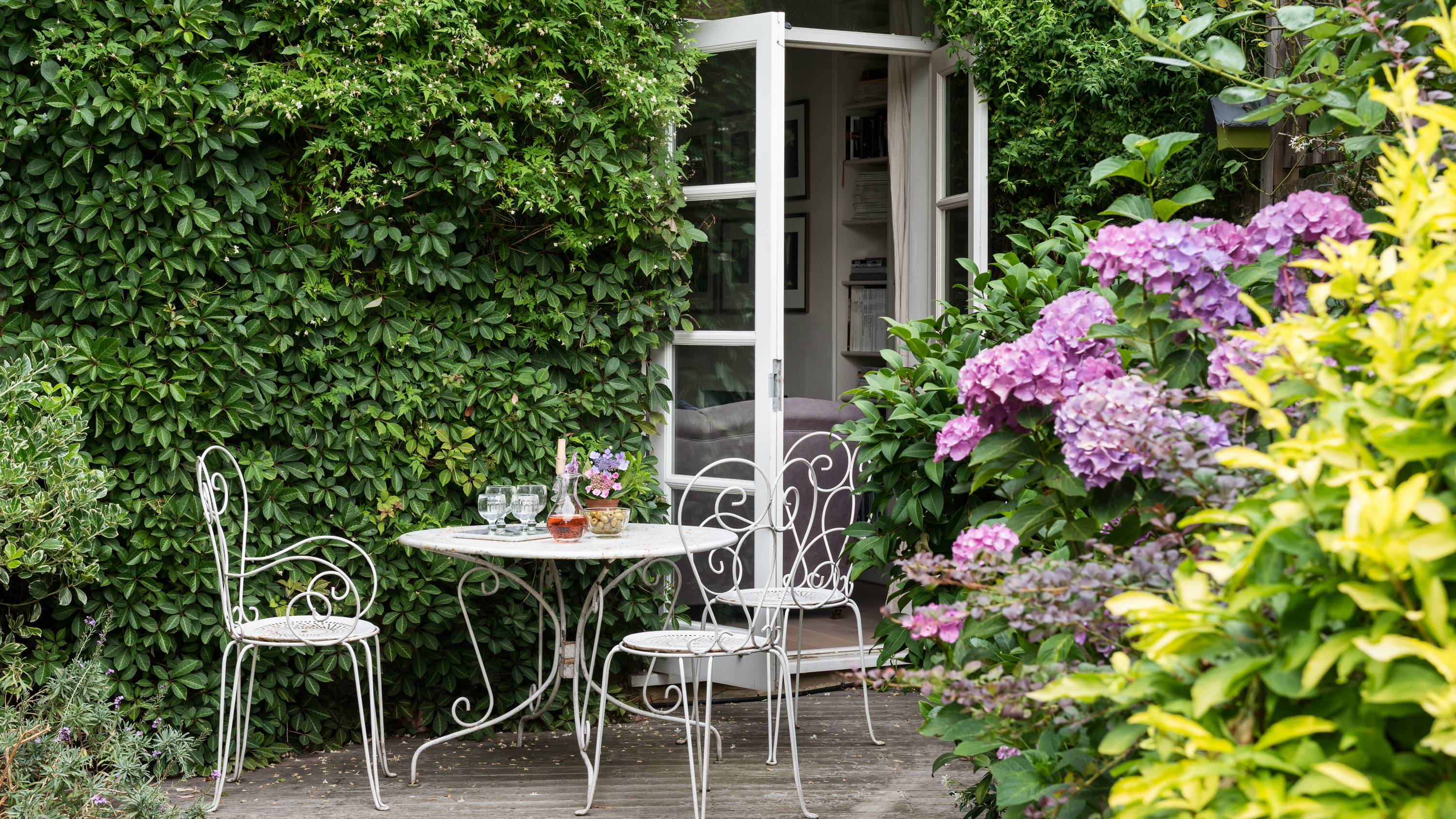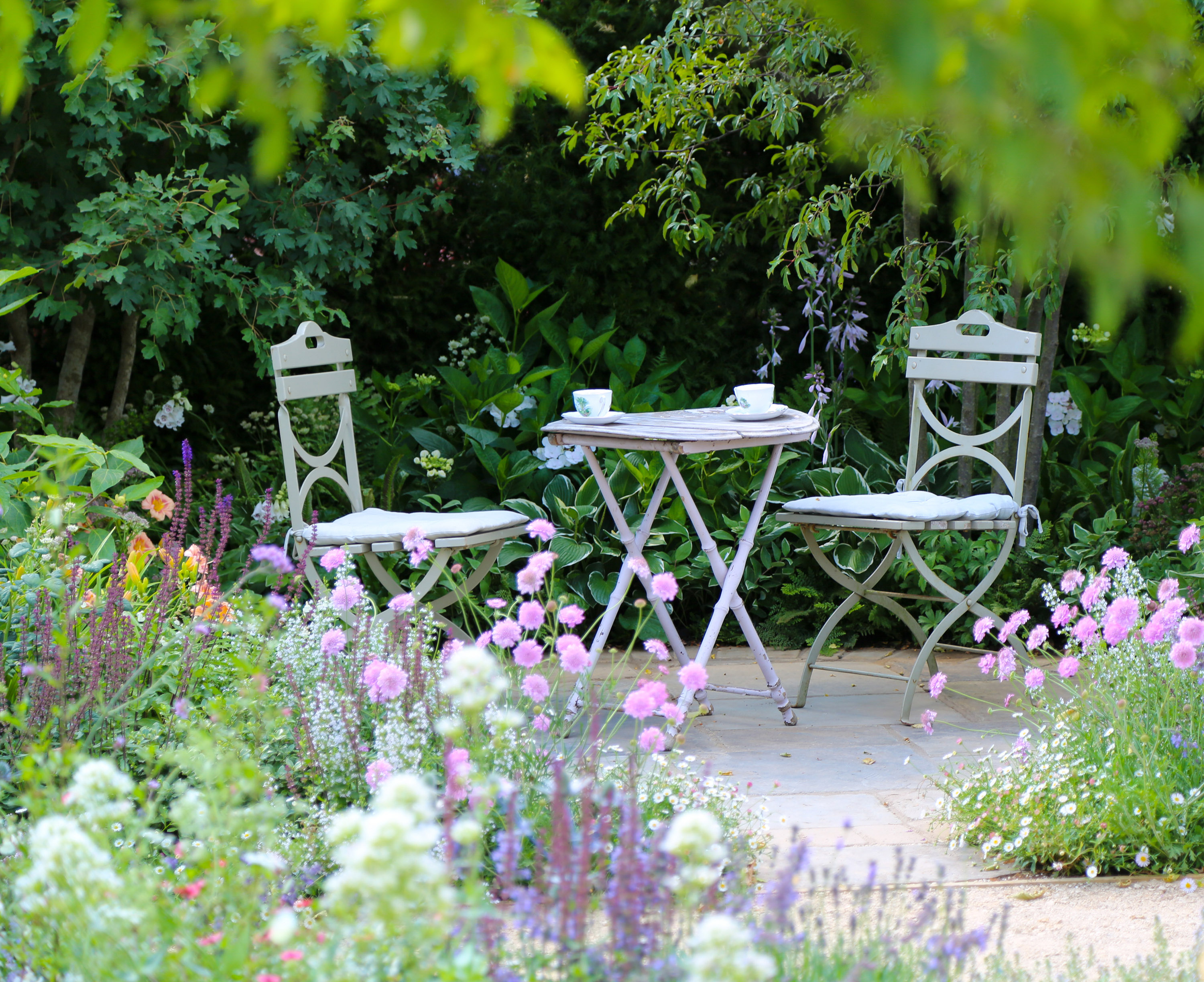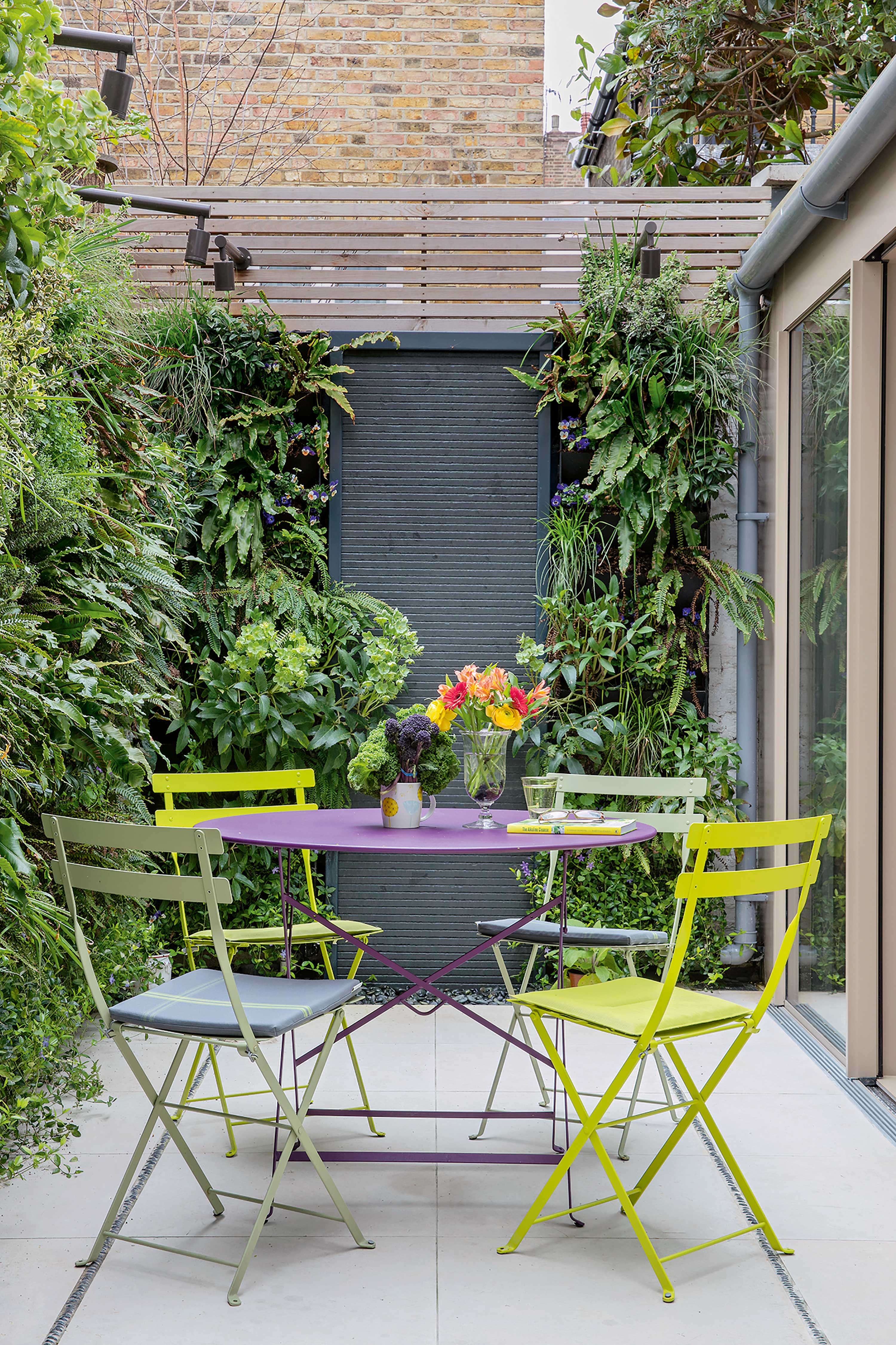This lemon juice rust removal tip will have garden furniture sparkling
Cleaning rust off patio furniture is easy with just these two ingredients you probably have at home right now

Tackling rusty furniture can seem like a daunting task, particularly if you have a significant build-up. Luckily there is a simple lemon juice rust removal tip that can get your favorite pieces sparkling again.
Even the best garden furniture made from metal will succumb to rust if left outside for long periods of time, particularly in wet weather. All rust needs to form is metal, oxygen, and water, and if left unchecked, it will severely damage your patio furniture.
Fear not, though: unless you can see holes in your furniture or the rust build-up is many years old, you should have no trouble cleaning it off. All you need for success is understanding the PH of rust – and finding its chemical opposite to loosen it from your furniture.
The only recipe you need for cleaning rust off patio furniture

Rust is basically a combination of iron oxide and iron oxide-hydroxide. These oxides are alkaline with a PH of around 8.2. So, what do you need to lift rust off your metal furniture? Acid. That's why things like baking soda (PH 8) are not effective against rust, and you'll end up doing too much scrubbing – in which case, you might as well not use anything at all and just try and scrub off the rust with some steel wool or kitchen scrubber.
Instead, look to highly acidic ingredients – namely, vinegar (acetic acid) and citric acid, to do the job. The problem with using vinegar on your patio furniture is that vinegar will only really work if the item is submerged in it for several hours – you'd need to use a larger container of some sort and a lot of vinegar to do the job with a metal chair!

For the same reason, there's no point using powdered citric acid to make a solution – you just won't be able to coat the furniture in it.
Your best bet is actually the simplest recipe possible. Cut a lemon in half, sprinkle a generous amount of common table salt on each side (this makes the citric acid even more aggressive), and rub your rusted furniture with the lemon. Because lemon juice is fairly viscous, you'll have a better chance of coating your furniture. Leave on for several hours, then rinse off with a hose or the best pressure washer.
What common remedies are not effective against rust?
Coke. Often recommended as a remedy for rust, coke doesn't interact with metal in the same way as citric or acetic acids do, so the rust won't come off. In fact, you should never use coke on steel or iron furniture as it will speed up the corrosion process!
Dish soap is completely ineffective against rust, because it's usually too alkaline. Toilet cleaners are also usually ineffective, because, although acidic, they have been formulate to dissolve limescale not rust.
Want more advice on how to clean garden furniture? Our dedicated guide is packed with useful tips.
Anna writes about interior design and gardening. Her work has appeared in Homes & Gardens, Livingetc, and many other publications. She is an experienced outdoor and indoor gardener and has a passion for growing roses and Japanese maples in her outside space.
